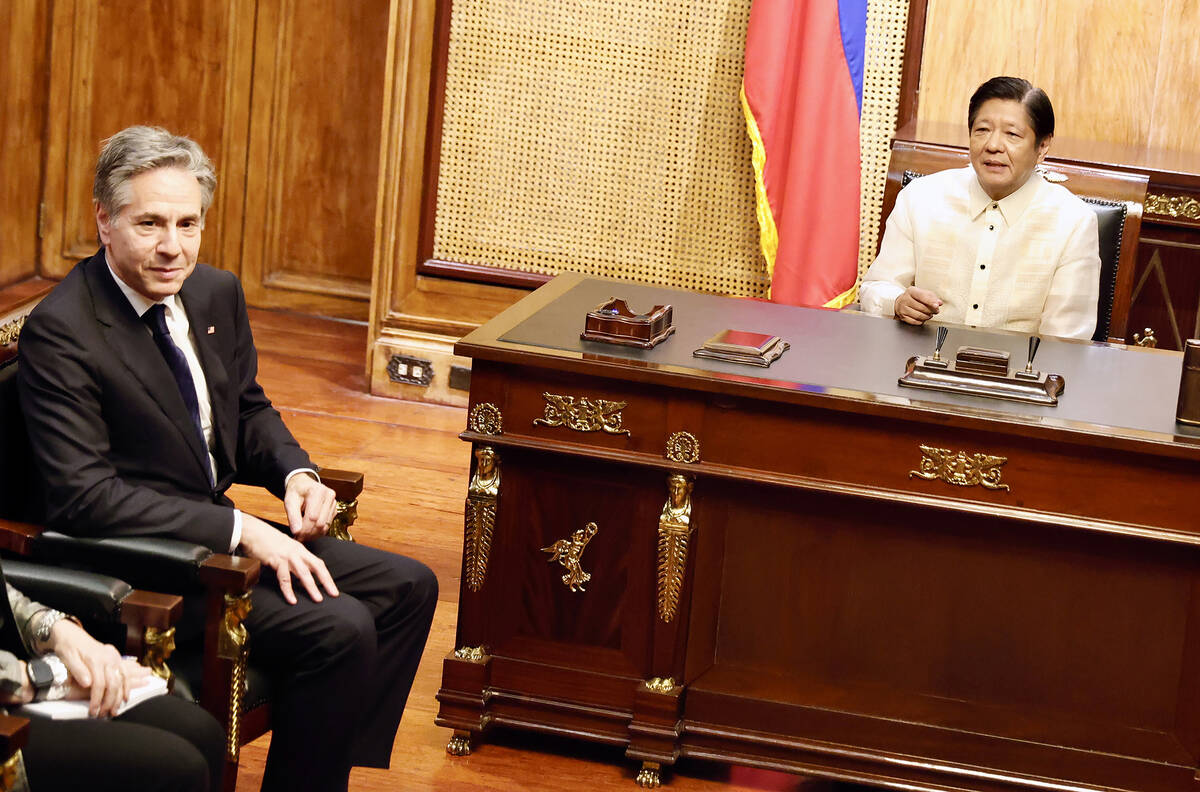Blinken returns to Mideast with US-Israel tensions high
Secretary of State Antony Blinken will make his sixth visit to the Middle East since the Israel-Hamas war broke out in October, as tensions persist between Washington and the Israelis over the conduct of the fighting and the humanitarian situation in Gaza.
Blinken, who has been traveling in Europe and Asia since Thursday, will extend his trip and make stops in Saudi Arabia and Egypt to meet with leaders and other senior officials in both countries, the State Department said on Tuesday.
The top U.S. diplomat called on Israel to let more aid into Gaza. He referred to aid agencies describing the situation in the Palestinian enclave as worse than in Sudan or Afghanistan.
Blinken’s Mideast trip will focus on negotiations to reach a cease-fire that could lead to the release of Israeli hostages held by Hamas, which the U.S. and European Union consider a terrorist group. He will also discuss trying to increase the flow of aid into Gaza, planning for post-war governance in the territory, and U.S.-led efforts to end attacks on commercial shipping in the Red Sea by Houthi terrorists.
Blinken’s visit this week follows a deterioration in the historically close ties between the U.S. and Israel, with President Joe Biden praising an unprecedented floor speech by Senate Majority Leader Chuck Schumer, D-N.Y., who called for fresh elections in Israel.
Both sides are now trying to dial back the rhetoric following a call between Biden and Israeli Prime Minister Benjamin Netanyahu.
Netanyahu has agreed to send a group of advisers to the U.S. to talk about Israel’s planned invasion of Rafah, where more than 1 million people have sought shelter from the fighting.
Asked about the nearly 100 journalists and media workers who have been killed in the war and the inability of international journalists to enter Gaza, Blinken said that “as a basic matter of principle” he wants reporters to be able to access any conflict.
“That’s something we bring up in every instance,” Blinken said. “There are obviously profound security considerations in an active war zone, and those have to be taken into account.”






















